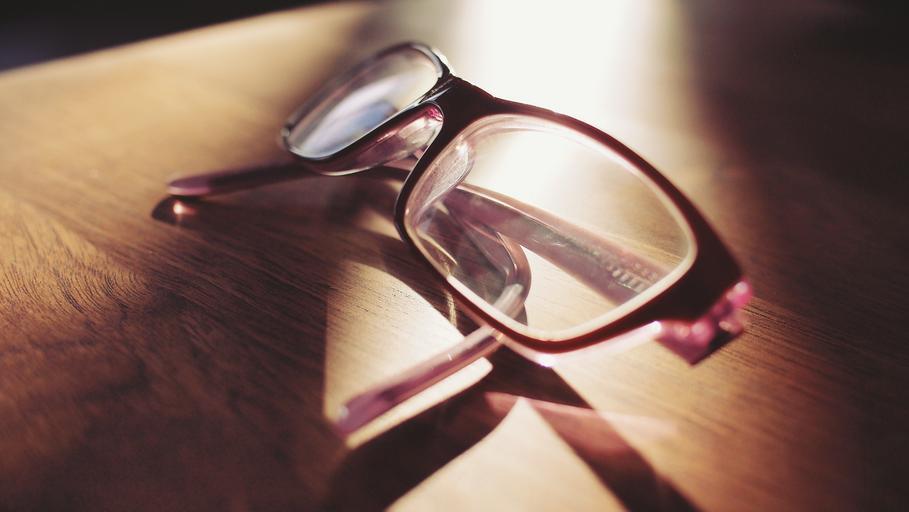With modern life there has been an increase in screen time and blue light that comes from devices such as computers, phones, and TVs can disrupt sleeping patterns. However, a new study has established that putting on blue light filtering glasses in the evening could improve sleep and workplace productivity the following day.
Wearing blue-light filtering glasses enhances sleep quality
Indiana University Kelley School of Business’s management and entrepreneurship assistant professor, Cristiano Guarana indicated that wearing blue light filtering glasses was more effective in improving sleep quality. Guarana also pointed out that wearing the glasses can enhance organizational citizenship behavior, work engagement, and task performance as well as minimize counterproductive work tendencies. According to Guarana, putting on blue filtering glasses creates psychological darkness thus enhancing sleep quality and quantity.
Excessive screen time has been a concern even before the pandemic but the COVID-19 pandemic increased screen time as people turned to remote working. In 2020 millions of people spent a lot of time staring at phones and computers because of the lockdown measures put in place to combat COVID-19.
Blue light filtering glasses benefit owl employees more
Guarana added that the effect of blue-light filtering glasses was more pronounced for “night owls” compared to “morning larks.” This is because owls usually have sleep periods late in the day while larks have sleep periods early in the day. Although there is a benefit for everyone in reducing blue-light exposure, owl employees are likely to benefit more because of the greater misalignments between the external controller work time and internal clock. Guarana explained that the team’s model shows how and when one can wear blue filtering glasses which can help them work better.
Equally the research also indicates that the circadian rhythm of an individual is vital in daily engagement and productivity levels compared to past beliefs. This study pushes the chronotype literature to consider the correlation between circadian processes and the performance of employees. Most importantly apart from the personal interest, the findings could be important for most companies and employers. Companies want productive and refreshed employees for enhanced results.


